Deck & Commander Strategies
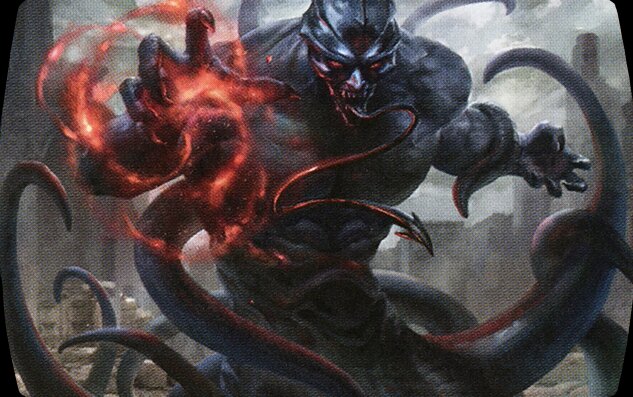
Tevesh Szat, Doom of Fools
Focuses on controlling the board with stax elements like Grafdigger's Cage to disrupt graveyard strategies, while using efficient mana acceleration to deploy threats and combo pieces that generate incremental advantage.
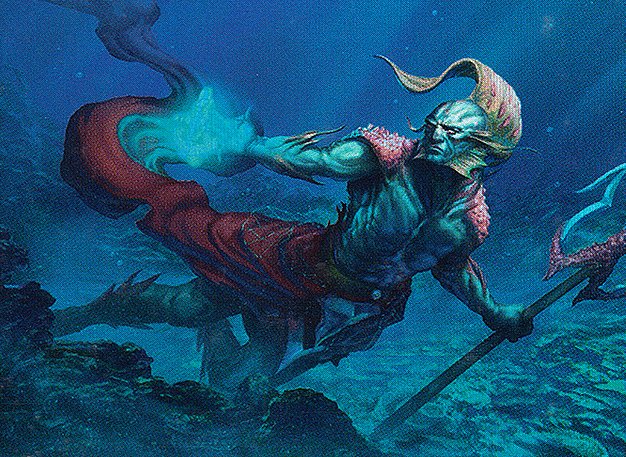
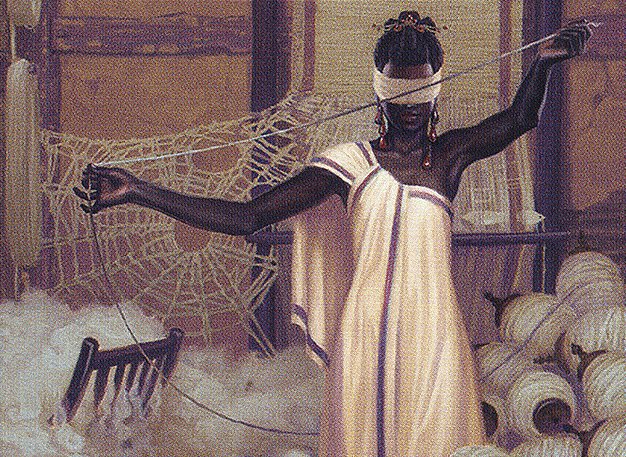
Tymna the Weaver & Thrasios, Triton Hero
A midrange-control combo deck that leverages card draw from combat damage and powerful tutors to assemble combos, using interaction like Force of Negation to protect its key spells and combo pieces such as Divining Witch and Seedborn Muse.
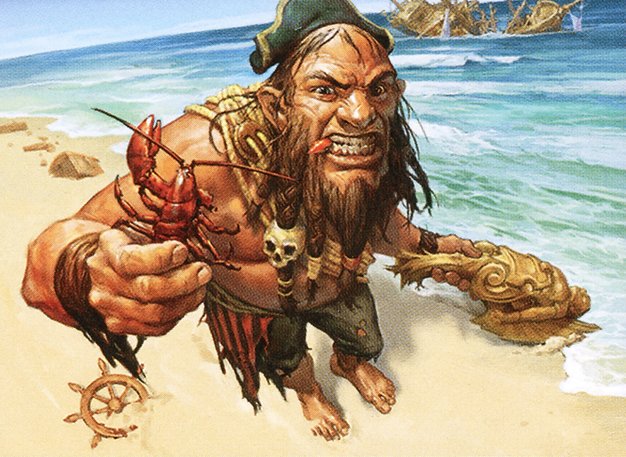

Dargo, the Shipwrecker & Ikra Shidiqi, the Usurper
Aggressively uses sacrifice outlets and sacrifice fodder to gain life and control the board, often enabling combo finishes through recursive value and efficient removal.
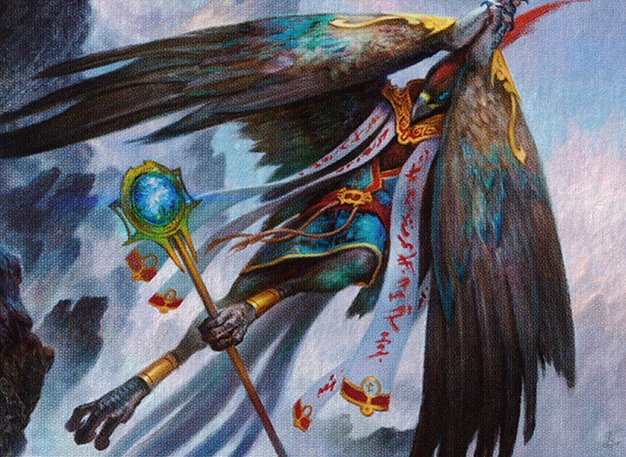

Ishai, Ojutai Dragonspeaker & Tevesh Szat, Doom of Fools
Combines incremental counters and stax effects to build a dominant board state, with a focus on disrupting opponents' strategies while assembling game-ending combos.
Gameplay Insights
- 1
Choosing to let an opponent draw a land early rather than immediately disrupting them to prioritize casting Grafdigger's Cage first was a key strategic decision to suppress graveyard-based combos.
- 2
Using Demonic Tutor to find interaction rather than purely combo pieces highlights the importance of maintaining control and responding to threats in cEDH.
- 3
Players carefully weighed whether to counter a Wheel of Fortune, balancing the risk of giving opponents card advantage against preserving their own hand and interaction resources.
- 4
Discarding Seedborn Muse to hand size while planning to recur it with Necromancy showed advanced resource management to mitigate graveyard hate effects.
- 5
The interplay between multiple counterspells like Force of Will and Force of Negation in response to wheel effects demonstrated the tight resource competition typical of cEDH games.
Notable Cards
-
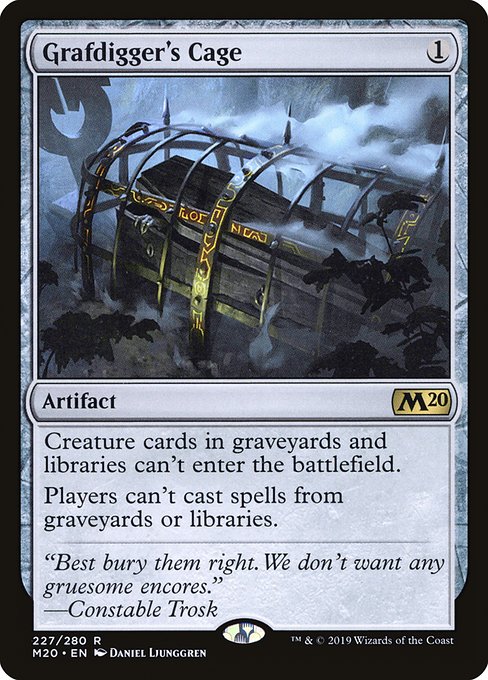
Grafdigger's Cage
-
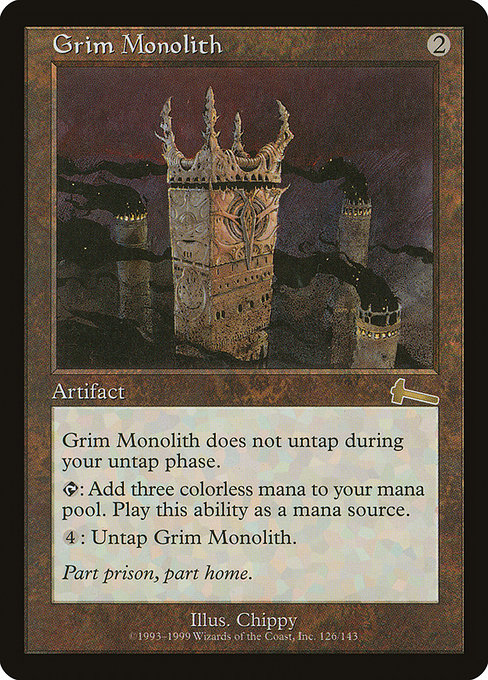
Grim Monolith
-

Ancient Tomb
-

Demonic Tutor
-

Force of Will
-

Force of Negation
-

Seedborn Muse
-
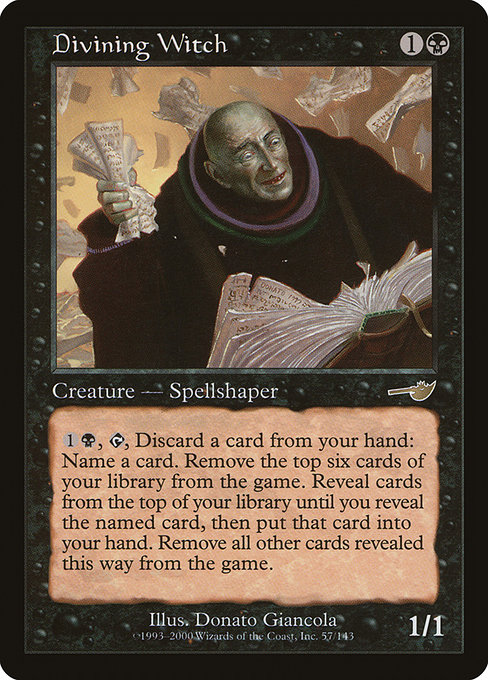
Divining Witch
-

Necromancy
-
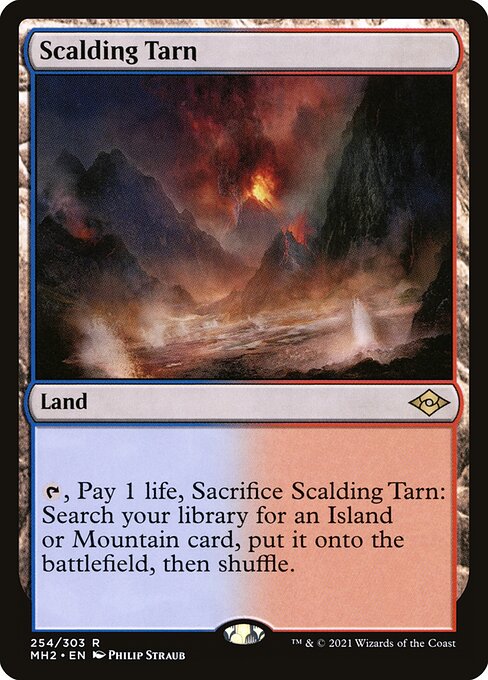
Scalding Tarn
-
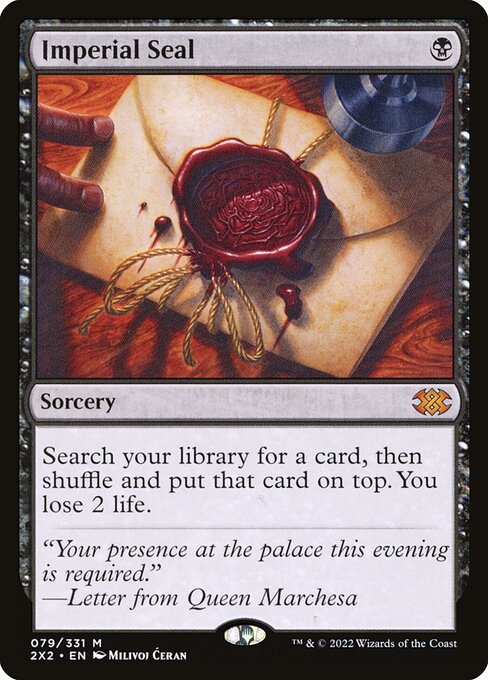
Imperial Seal
-
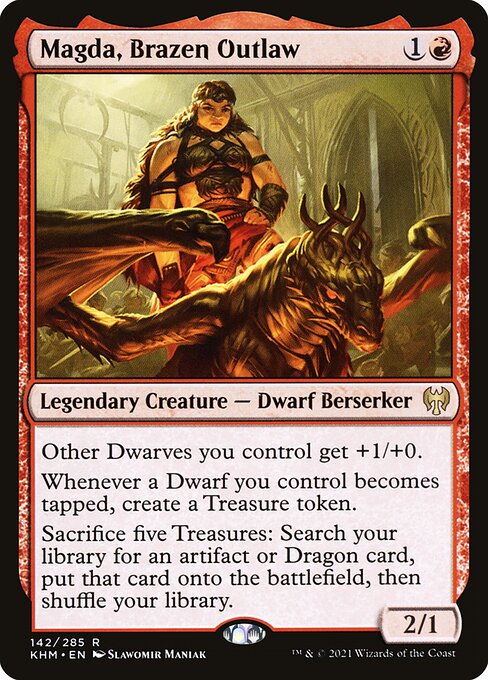
Magda, Brazen Outlaw
-

Mana Crypt
Gameplay Summary
The game featured four decks piloted by Pontus, each leveraging strong cEDH synergies and interactions.
Early turns saw aggressive mana acceleration with cards like Grim Monolith and Ancient Tomb, allowing players to quickly establish board presence and start deploying key combo pieces.
Tevesh Szat's player prioritized casting Grafdigger's Cage early to hinder graveyard strategies, recognizing the power of the opposing decks' recursion and combo potential.
Meanwhile, a player with a Tymna and Thrasios deck carefully built a defensive yet flexible setup, utilizing tutors such as Demonic Tutor to find critical interaction and combo pieces like Divining Witch and Seedborn Muse, while also preparing countermagic like Force of Negation to counter pivotal spells such as Wheel of Fortune. Midgame revolved around tense decision-making on whether to protect or disrupt opponents' key plays.
A notable moment involved a contested Wheel of Fortune where the Force of Will was met by Force of Negation, showcasing the delicate balance of resource management and timing in cEDH.
Players also leveraged sacrifice outlets and tutors to assemble combos, with some willing to discard powerful cards like Seedborn Muse to avoid losing them to graveyard hate, instead planning to recur them with Necromancy.
The game demonstrated the importance of early mana acceleration, interaction timing, and graveyard hate in maintaining control and advancing win conditions amid multiple threats from various decks.



































